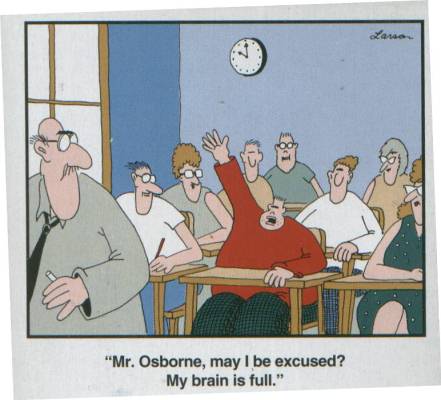Here, Girard describes our deep desire to put a finger on on the author of evil. We keep fighting because we demand “an original cause which could be rectified”.
At least half of the combatants always believe that justice has been done since they have been avenged, while the other half try to reestablish that same justice by striking those who are provisionally satisfied with a blow that will finally achieve their vengeance. The circumstances are so confused that they will only be brought to an end by both sides recognizing the evil reciprocity. It is asking too much to expect them to understand that the relationships within the group not only feed their misfortune but generate it… Everyone is more or less equally responsible but no one will admit it. Even if men were truly aware of their evil reciprocity they would still want to identify the author, a real and punishable source; they might allow that his role was less significant, but they would still want an original cause which could be rectified, as Evans-Pritchard writes, a pertinent cause on the plane of social relationships.
-Rene Girard, The Scapegoat, p.86
In our modern world, where we are aware, at least to some degree of our own folly and the innocence of victims, the only one we have left to blame or hate is God. Nihilism (existence has no meaning) is ultimately just another philosophical flavour of hating God. Both of these lead us to pick our weapons back up.
The alternative is trust.

